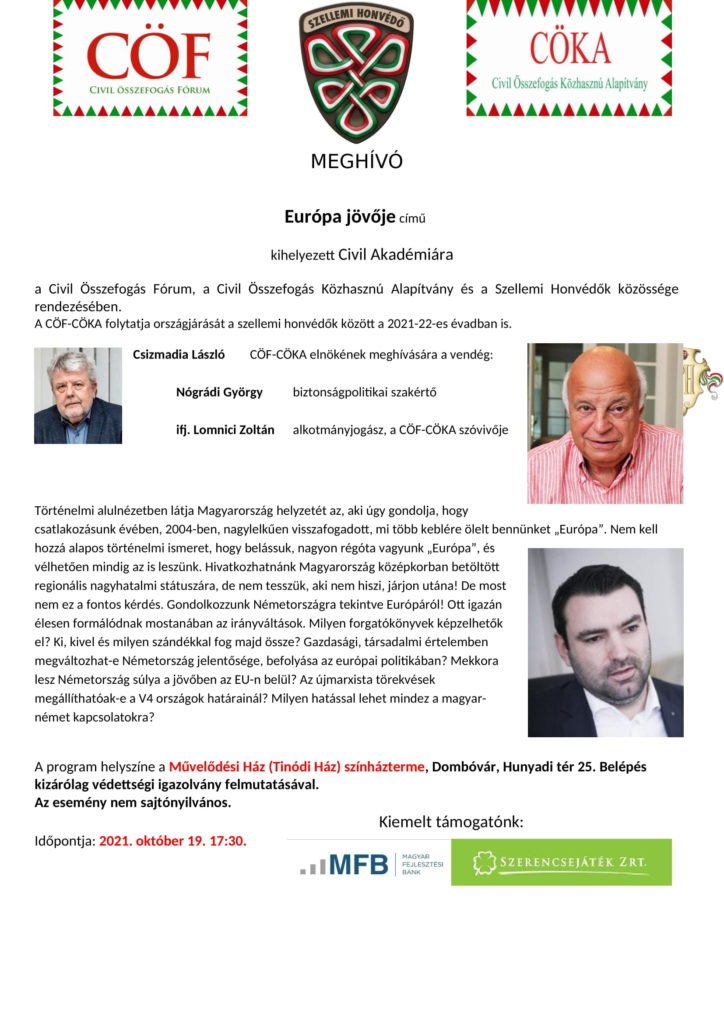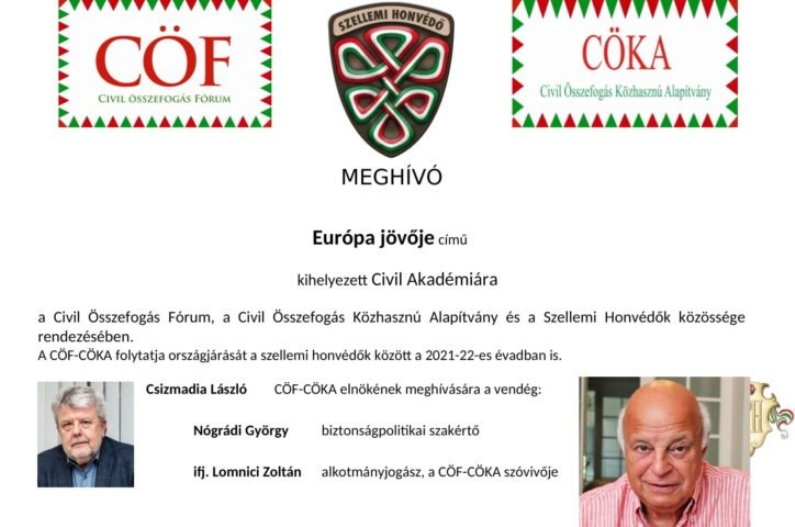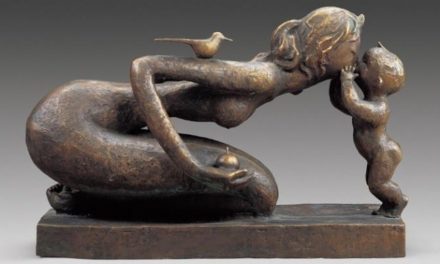There can be no doubt that Hungary's history, present and future are closely linked to Germany, and German politics has a significant influence on the operation of the European Union. But how long will it stay that way, will it stay that way at all?
For the time being, the elections in Germany promise an uncertain future both for themselves and for Europe, including Hungary. Merkel's failed migrant policy and the former chancellor's submission to the "dark green" political line (the negative economic consequences of which can already be seen in action) bore their "fruit", so much so that even German citizens who had been conditioned to self-loathing for many decades became confused and uncertain. The results of the elections and the bankruptcy of the CDU-CSU are due to this.
What about Germany? Where will the presumably new, rather mixed-minded government be heading? What could the changes mean for Germany, what for the Union and what for Hungary? Is there a way back from the increasingly difficult situation? Could what the V4s represent mean a way out for the old continent? On October 19, in Dombóvár, György Nógrádi and jr. Zoltán Lomnici , spokesperson of the CÖF. The venue of the country-touring Civil Academy is the theater of the city's Cultural Center (Tinódi-ház), the event starts at 7 p.m.
The condition for participation is the presentation of the protection certificate. 












